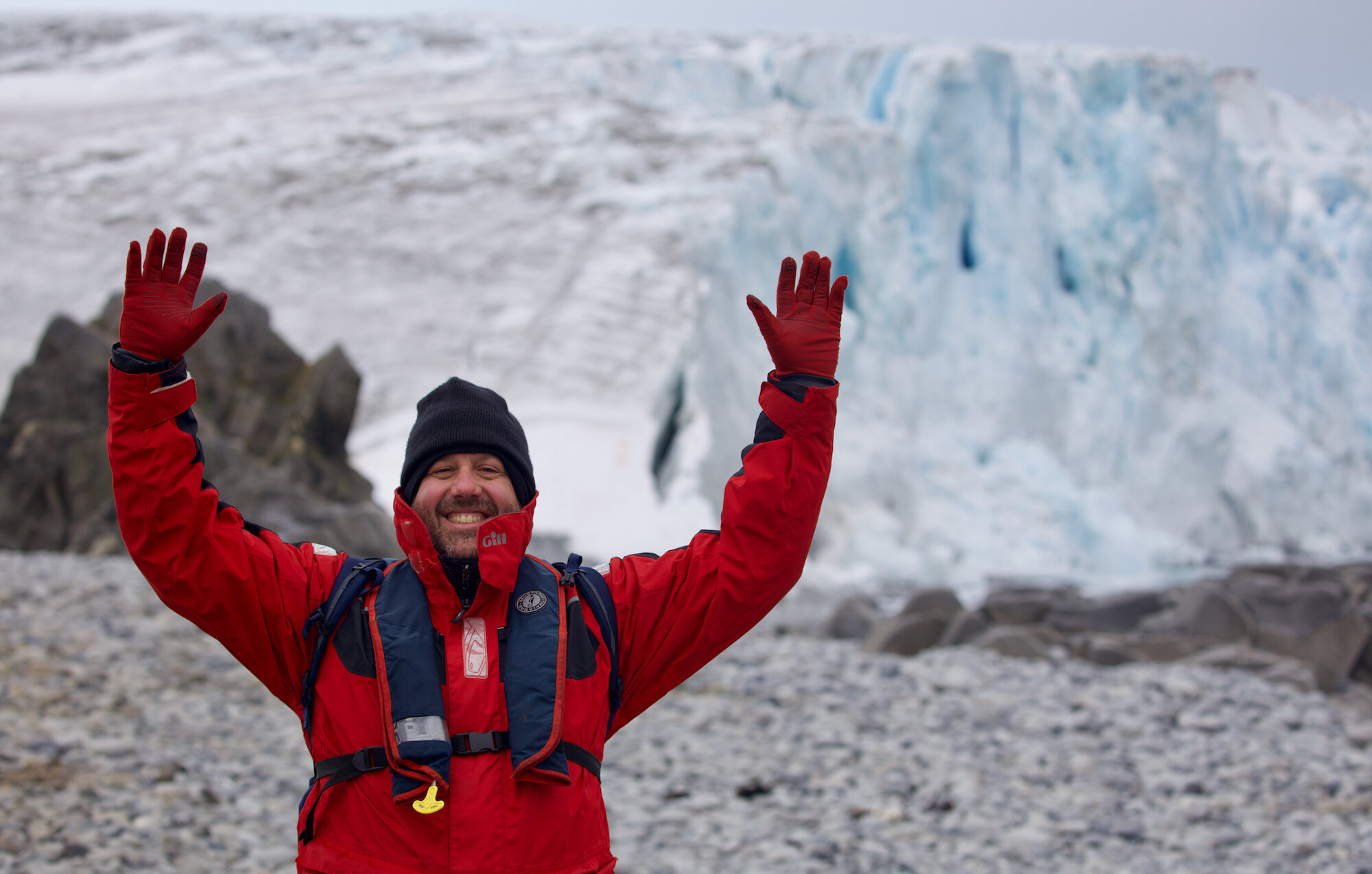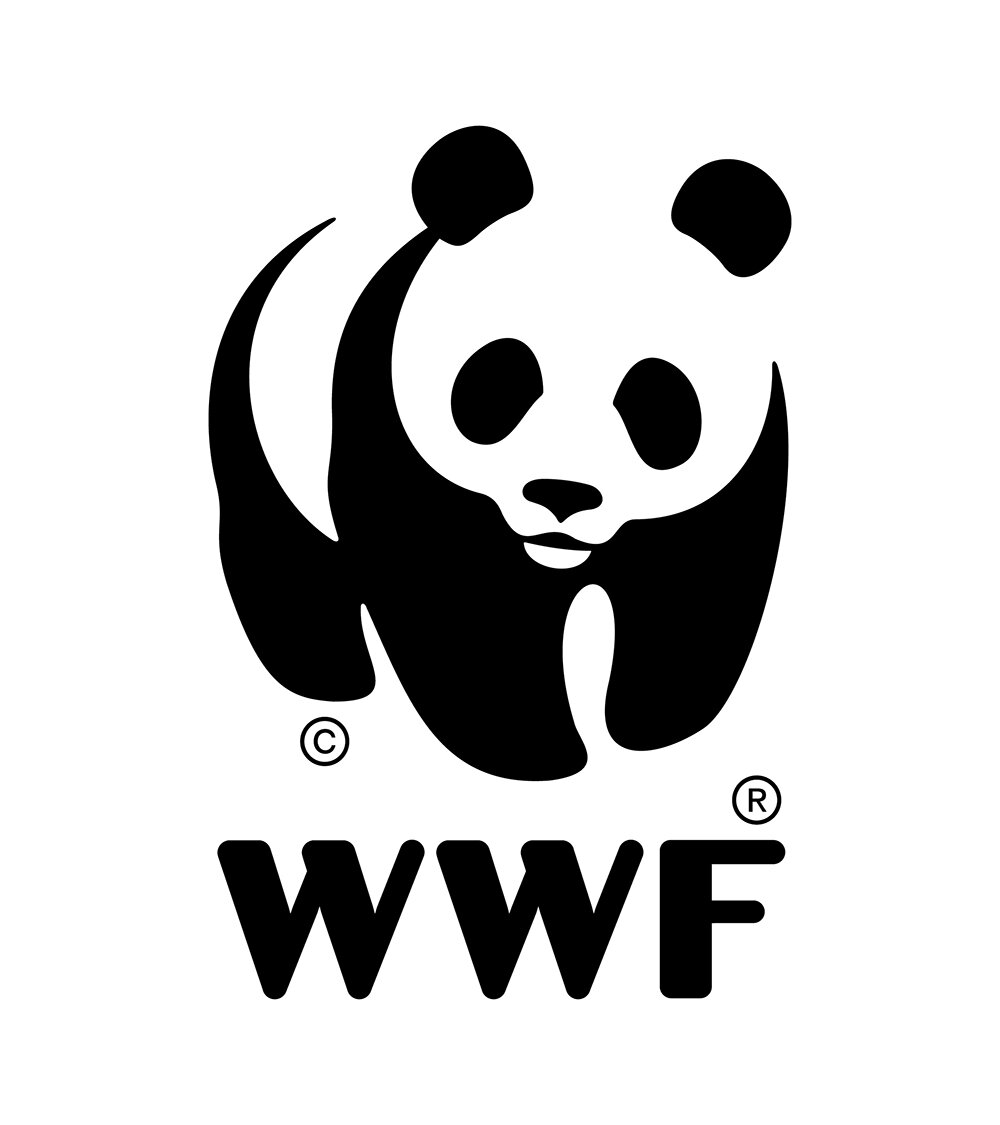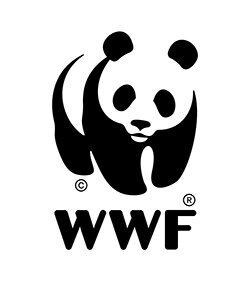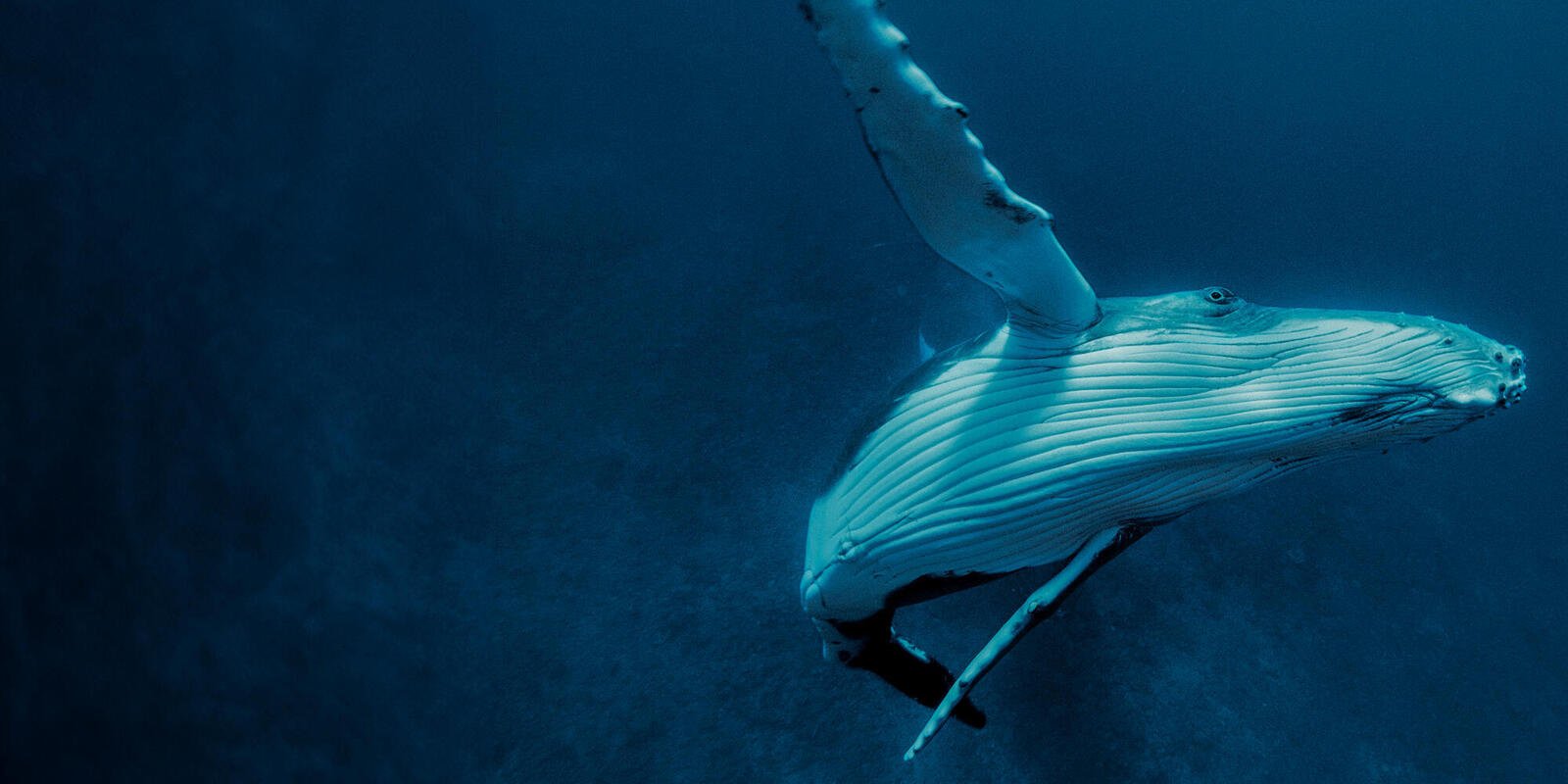
Chris Johnson
Global Lead: WWF Protecting Whales & Dolphins Initiative
“Whales and dolphins are flagship species of our oceans and play a crucial role in the overall health of the marine environment. While some populations are bouncing back, others like North Atlantic Right Whales and the vaquita porpoise, are classified as critically endangered by the World Conservation Union (IUCN).
In fact, 30% of the 89 cetacean species are now listed as ‘threatened’. Only through building new and innovative collaborations across the globe, can we give our most vulnerable species a fighting chance.”
Chris Johnson is a marine scientist and conservation strategist. He leads the WWF Protecting Whales & Dolphins Initiative based at WWF Australia in Melbourne.
Chris has studied whales, their habitats and human impacts, such as ocean pollution, climate change, entanglements and ship-strikes in 25 countries and on the high seas. He has a MSc in Environmental Science from Murdoch University (Australia) and has co-authored numerous science publications and reports on cetacean ecology, habitat modelling and acoustics.
At WWF, he most recently led the Antarctic programme coordinating global efforts with NGOs, Governments, industry, and Universities to bring science to policy outcomes such as establishing marine protected areas at the Commission for the Conservation of Antarctic Marine Living Resources (CCAMLR) and through the Antarctic Treaty. A key highlight was working with partners helped to secure the largest marine reserve on Earth in the Ross Sea in 2016. He helped establish new science partnerships with University of California, Santa Cruz and Duke University using new technologies to study and monitor Antarctic whales including deploying the first camera tag on an Antarctic minke whale.
Chris’ path towards working in whale conservation started after a chance meeting with Dr Roger Payne in 1998. From 2000-2005, he invited to take part in a global, multi-year research expedition - the Voyage of the Odyssey - to study sperm whales and ocean pollution surveying 87,000 nautical miles of ocean. Witnessing human impacts first hand at sea in some of the most remote oceans while research whales, he coordinated efforts to build local collaborations with communities, scientists, NGOs and governments in areas researched.
Science communication is a passion for Chris. He led WWF’s global science communication based in Switzerland and climate change communications for CSIRO – Australia’s national science agency. He is an accomplished wildlife photographer and documentary filmmaker having produced work for National Geographic Magazine and Television, BBC, Univision, PBS Television and with NGO and government organisations including the US Marine Mammal Commission, NOAA and the Ocean Foundation.
Chris is undertaking a PhD part-time at Curtin University (Australia) Centre for Marine Science and Technology studying sperm whale bioacoustics and distribution.






